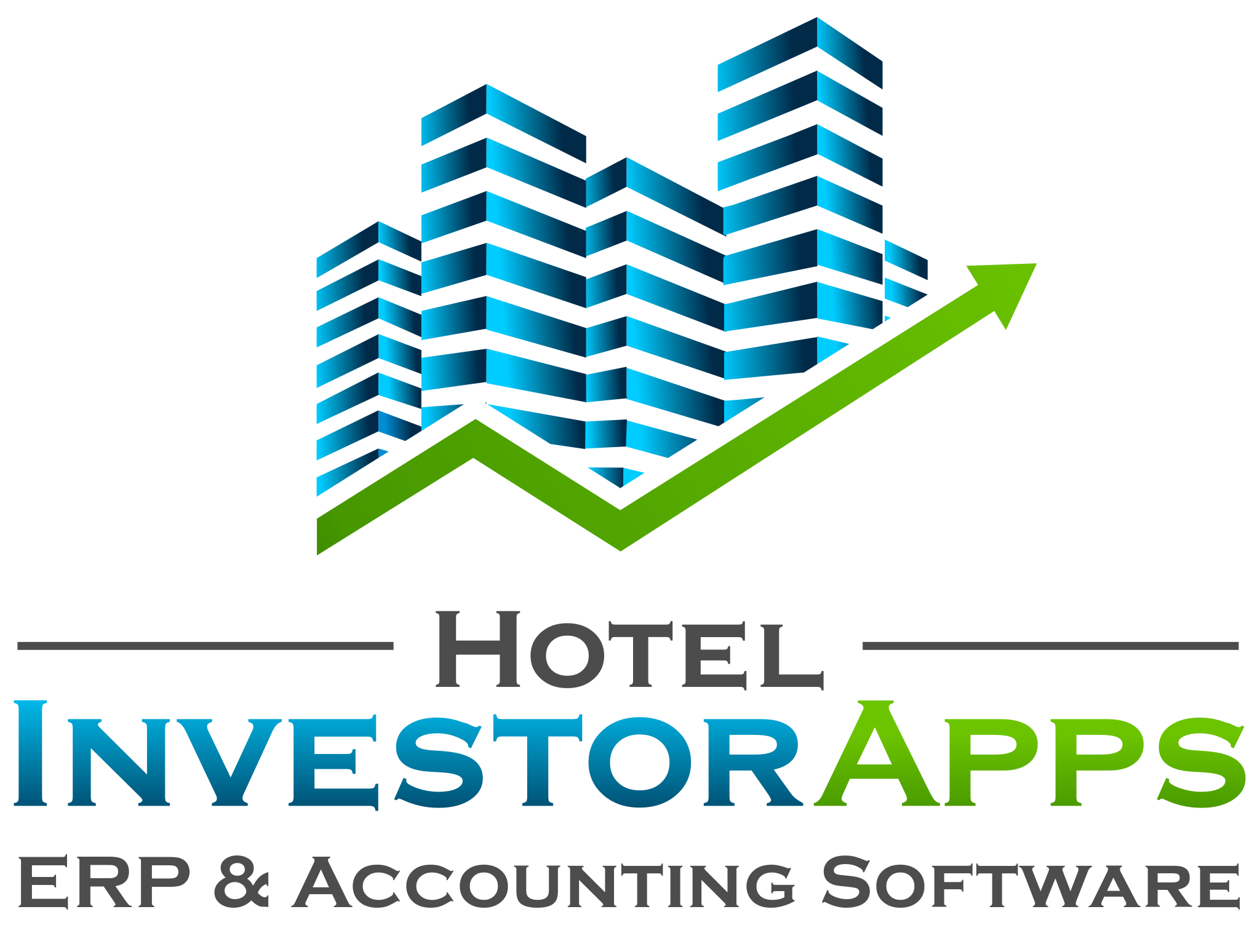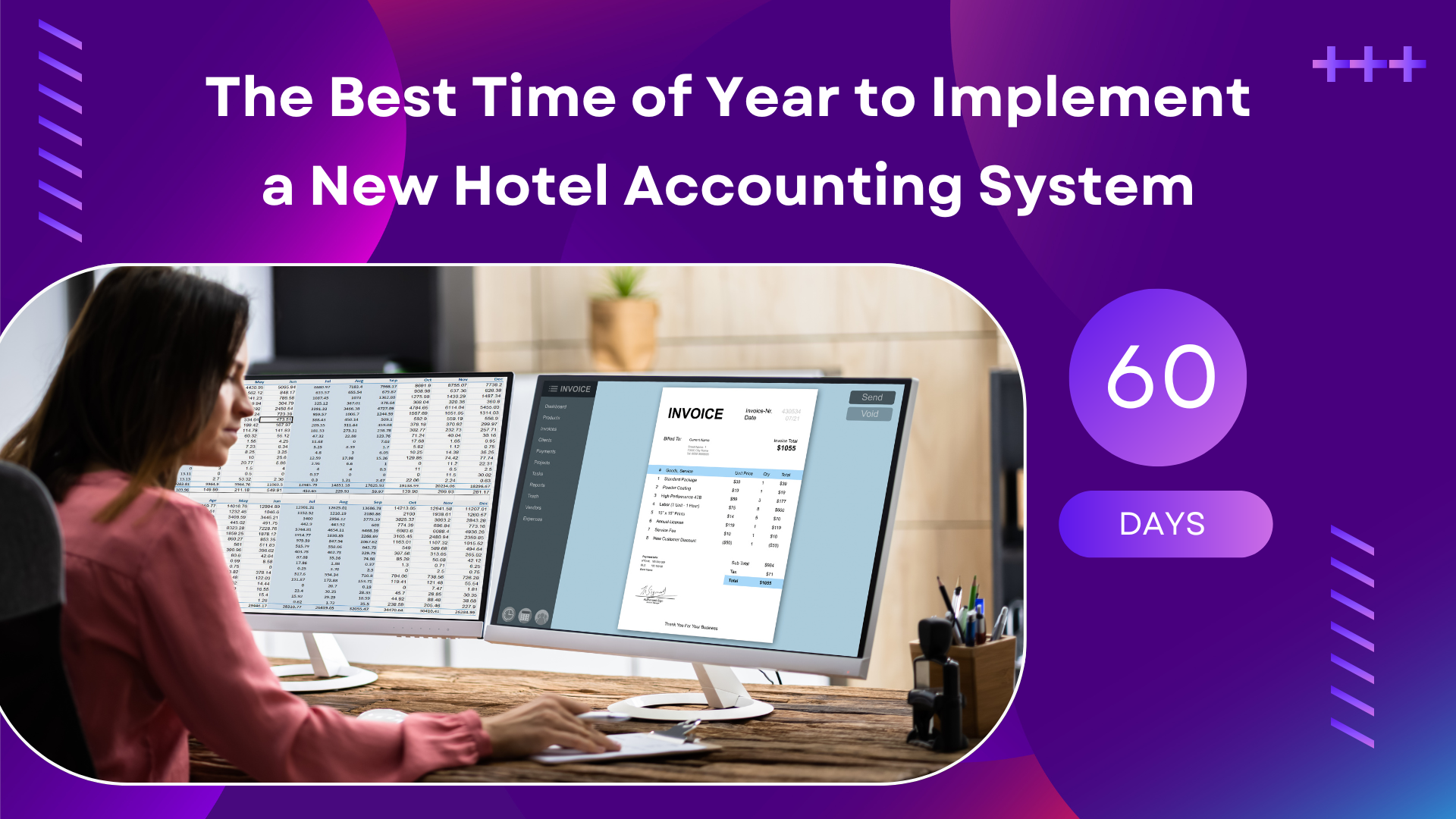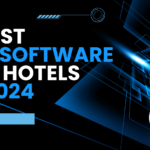Having a streamlined back office merrily humming as it processes revenue and expenses is the dream of many hotel finance teams. And it is an achievable dream with a digital transformation of that cornerstone of the hotel back office – the accounting system.
The accounting system is the key to providing more accurate, comprehensive, and reliable data for more informed and profitable operating decisions. Plus, a modern hotel-specific accounting system with automations, integrations, and workflows (like Hotel Investor Apps) transforms processes and make them much more efficient.
Yet switching accounting systems can be a scary proposition. Even when your accounting software provider will be doing most of the configuration, there is always time involved from your accounting team to prep and learn the new system, plus the concern of losing any precious financial history – it is enough to make the most tech-forward hotelier pause.
It’s All About Timing
However, what if we told you that there was a way to maximize the effectiveness and efficiency of a new accounting system implementation – and it has everything to do with timing?
Many hoteliers believe that the best time to implement a new accounting system is January when they can start a new fiscal year fresh in a new system. However, in our experience January implementations can be some of the most challenging due to external factors.
Let’s review the myth of a January implementation and explore how other factors, like seasonality and historical data transfer capability, can provide a better guide as to when to best implement a new accounting system for your portfolio.
The Myth of a January Implementation
While January theoretically sounds ideal to implement a new hotel accounting system and start a new fiscal year in a new system, the reality often doesn’t align to the image.
The challenge with January is that there can be too many external factors taking up the time and attention of your accounting teams. In December when a lot of the prep work for the implementation would need to be done, such as cleaning up the Chart of Accounts (COA), and vendor list, many people are taking vacation and do not have any excess capacity.
Then in January your teams are doing the last financial clean up of the year such as reconciling all bank accounts and finalizing the year end balance sheet to get ready to submit to the auditors. With all this year-end close activity, it doesn’t leave much time for training and learning a new system.
Therefore, a January 1st start date may not work well when there are extraneous factors that can take your team’s time and attention away from providing all the necessary information to the software implementation team and getting trained in a new accounting system. It can be the opposite of setting yourself up for success if no one has the time or attention to properly implement a new system.
When is the Ideal Implementation Time for Your Hotel Portfolio?
The good news is, you can implement a new accounting system at any time, and on your schedule. Implementations to HIA’s ERP & Accounting System typically take about 8 weeks, so the best recommendation is for you to look at the seasonality of your portfolio and determine low occupancy times to see when your teams will have the time and resources to put into a new system.
For example, if your portfolio is based in the western US and the busy season is the ski season, then probably it would be best to have a new accounting system implemented before October, to be ready for the busy season. Or, if your properties typically have big summer seasons, then it would be best to start by June or July 1st.
It’s all about planning, so if you want to implement the new system in May, the key is to see how busy your March and April look.
4 Questions to Determine the Best Implementation Time for Your Portfolio:
- How busy is the end of the year for you and your accounting team?
- How involved is filing taxes for your company?
- When is your busy season?
- If you have a go-live date for the new accounting system, what are your other commitments in the 2 months prior?
Full Financial History
The second piece of good news is that because HIA has the capability to bring over full financial history, including GL history level data, your information is never lost.
For example, if you implement in April, your financial statements will still be perfectly aligned just as if you had started in the system on January 1, because all the history drilled down to the transaction level is fully integrated into your new system.
The history is also fully workable should any changes/reclassifications need to be made. For more on that, ready our blog Overcoming Migration Hurdles – How We Import Historical Data.
Summary
The dream of a streamlined and humming back office is not that far off. It just takes some practical steps to get there. Choosing a modern back office ERP & Accounting Software like Hotel Investor Apps (HIA) is the first start, after that it is all about setting yourself up for success by looking at seasonality and timing for when you will get the most value out of your implementation.
Ready to see what a modern hotel ERP can do for your hotel back office? Request a demo today.

Director of Marketing at HIA
Elisa Fritsch, Director of Marketing at HIA, contributes 15 years of diverse sales and marketing experience from corporate to start-up environments. In the hospitality sector, she managed B2B marketing for notable companies like Choice Hotels International and Kalibri Labs. At HIA, Elisa focuses on inbound and content marketing, leveraging her industry knowledge to drive growth.










